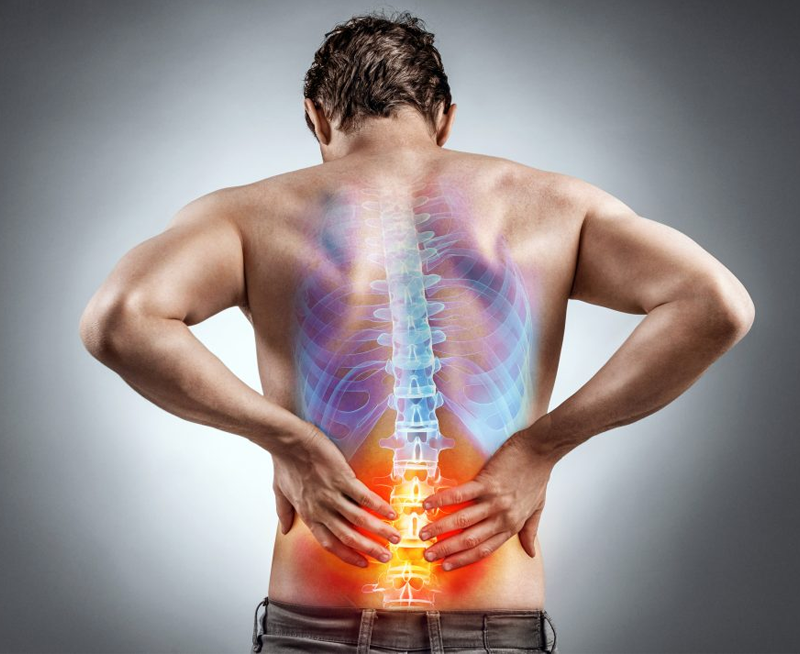Inflammatory Conditions

Research has been carried out to understand how muscles affected by inflammation react to therapeutic massage techniques. These studies help to uncover the benefits of massage in reducing inflammation and promoting healing in the affected areas.
Inflammatory Conditions
Massage therapy has been a cornerstone of pain management and recovery for centuries, particularly when it comes to restoring function to injured muscles. It is widely believed that therapeutic massage can enhance circulation, reduce muscle stiffness, and alleviate pain, leading to improved mobility and overall function.
While the benefits of massage therapy are well-documented by patients who experience relief from chronic pain and greater range of motion, the exact mechanisms behind these effects have only recently been explored. Despite the ongoing scientific inquiry, massage therapy has become a widely accepted treatment in both clinical and wellness settings.
A pivotal study led by Dr. Mark A. Tarnopolsky at McMaster University in Ontario explored how massage impacts stressed muscles at a cellular level. The research found that after a 10-minute massage following intense physical exertion, muscles showed biological markers indicating reduced inflammation and activation of healing pathways. This study provides a deeper understanding of how massage may help reduce inflammation and promote recovery.
In the study, 11 healthy male participants underwent 15 minutes of strenuous exercise, followed by a 10-minute massage on one leg, while the other leg was left untreated. Muscle biopsies were taken from both legs, and the analysis revealed that massage activated specific genes involved in reducing inflammation. This research, published in 2012, provided a scientific explanation for some of the pain-relieving effects of massage therapy.
Similarly, a 2014 study led by Dr. Nina Franklin and her colleagues at the University of Illinois examined the effects of massage on circulation. They found that massage increased blood flow in participants, measured by ultrasound, for up to 72 hours after treatment. This suggests that massage therapy has a lasting impact on circulation, which can aid in the healing process and reduce inflammation over time.
Though there is still some debate in the scientific community regarding the full extent of massage therapy’s anti-inflammatory effects, these studies suggest that massage has significant potential as a therapeutic tool for reducing inflammation, improving circulation, and supporting overall recovery. As more research is conducted, we may gain a clearer understanding of how massage therapy can be integrated into treatment plans for conditions that involve inflammation.
At **Regina RMT**, our skilled therapists are dedicated to helping you manage pain, improve your mobility, and support your recovery from injury. If you are experiencing inflammation, muscle strain, or stiffness from overexertion or chronic conditions, we invite you to explore how massage therapy can benefit you.
Feel free to reach out to our clinic to learn more about how therapeutic massage can be part of your recovery plan. Our team is here to guide you through the process and answer any questions you may have. Whether you’re recovering from an injury or simply seeking relief from chronic discomfort, we are ready to help you on your path to better health and well-being.
Plan a Visit
Scheduling an appointment with Regina RMT is quick and hassle-free. Simply choose a time that fits your schedule, and our skilled therapists will be ready to provide you with a relaxing and therapeutic massage. We offer affordable pricing and accept a wide range of payment options for your convenience. For those with private insurance, we’re happy to assist with any paperwork to ensure a smooth claims process. Reach out today to book your session or to learn more about our services—we’re committed to helping you feel your best!

